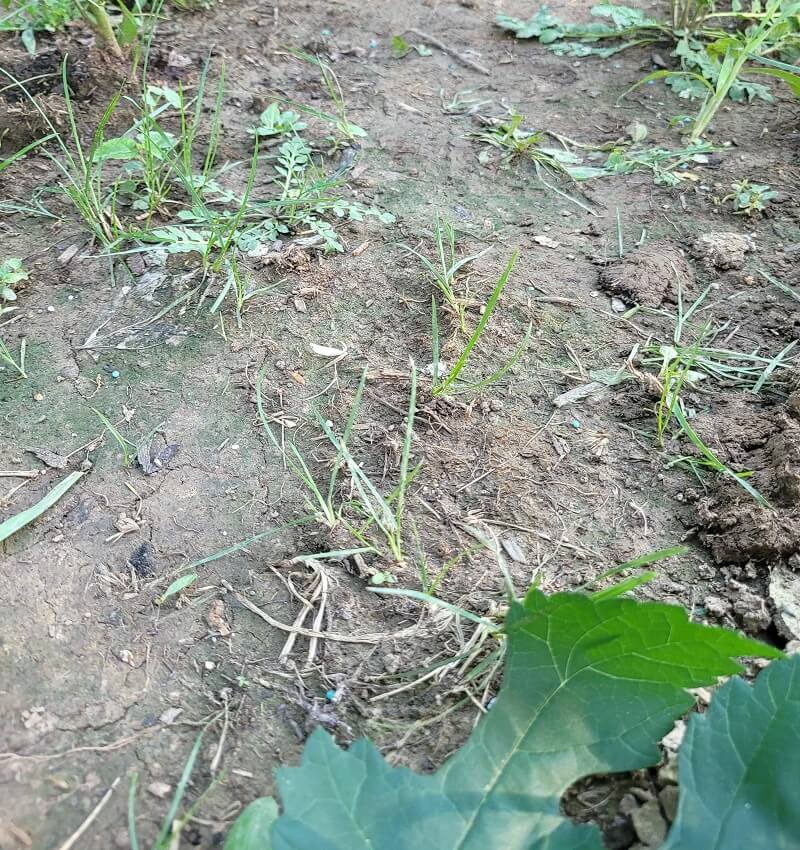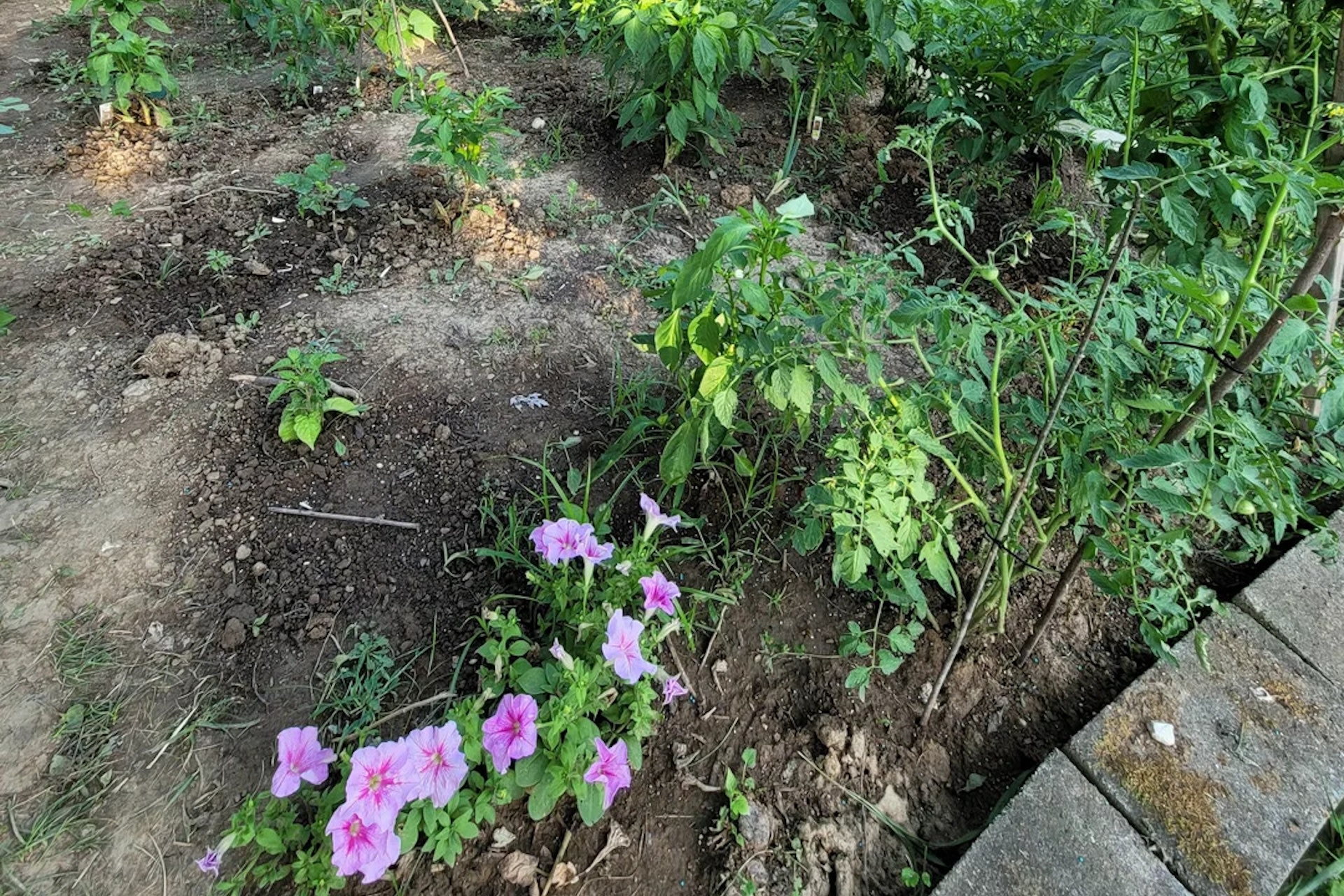A green thumb in need recently took to Reddit's r/gardening community for some much-needed soil advice. The user shared photos of their stunted vegetable garden, lamenting, "Water can barely go through and my plants growth are stunted."
Despite their best efforts to till the ground, the Redditor found their soil becoming compact again within a few days, as evidenced by a pair of photos. Desperate for a solution, they turned to fellow gardeners online.

The struggle to maintain loose, nutrient-rich soil is all too common, especially for those new to the world of backyard gardening. Compacted soil can lead to poor water absorption and drainage, depriving plants of the moisture and oxygen they need to thrive, per the Queensland Government.
Luckily, there are several eco-friendly solutions that can help transform even the most stubborn soil into a gardener's paradise. One popular option is to replace traditional grass lawns with native plants, which require less water and maintenance while supporting local pollinators.
Clover, buffalo grass, and xeriscaping are other low-maintenance lawn alternatives that can save both time and money on upkeep. Even a partial lawn replacement can have a big impact on soil health and water conservation.
Seasoned gardeners chimed in with their own tried-and-true tips for amending compact soil.
One user suggested mulching heavily with leaves and grass clippings to suppress weed growth and allow native plants to take hold.
"My soil is exactly like yours," the user commiserated. "Identical."
A third commenter offered a comprehensive approach: "Compost, leaf mulch, arborist mulch, spike root type plants, green sand," warning that "regular sand can turn clay to an almost concrete like mix."
By incorporating a variety of organic materials and deep-rooted plants, gardeners can gradually improve soil structure and fertility.
With a little patience and the right techniques, even the most challenging soil can be transformed into a thriving vegetable garden. By embracing eco-friendly practices and learning from fellow green thumbs, we can all cultivate a healthier, more sustainable future — one garden at a time.
Join our free newsletter for easy tips to save more, waste less, and help yourself while helping the planet.









